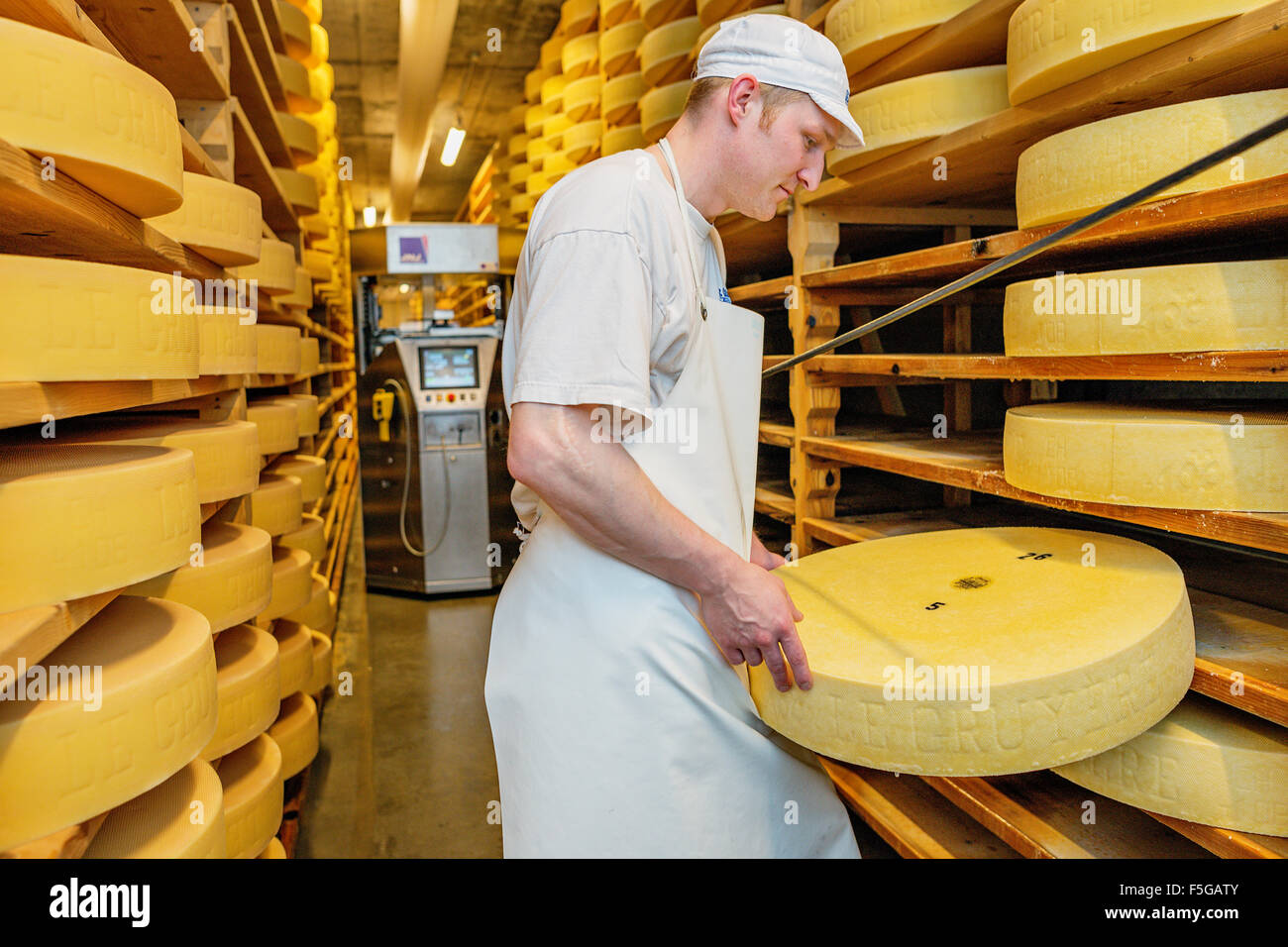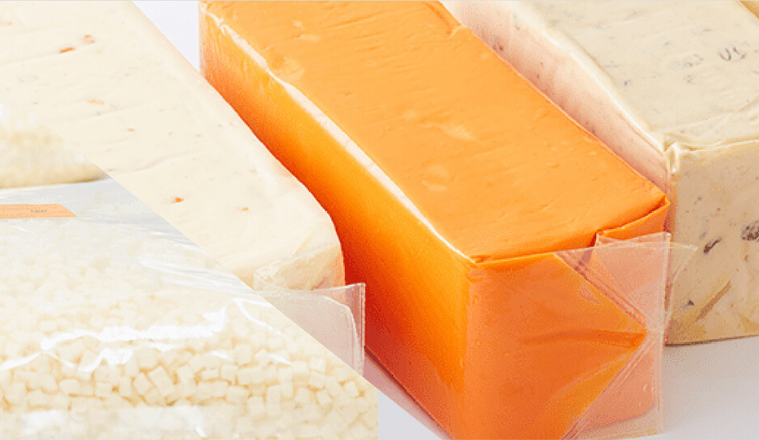Cheese Makers Melbourne: Crafting optimum Cheeses In Your Area
Cheese Makers Melbourne: Crafting optimum Cheeses In Your Area
Blog Article
Checking Out the Art of Cheese Manufacturing: Techniques, Procedures, and Technologies in the Milk Market
The exploration of cheese production includes a diverse selection of methods and processes that mirror both historical traditions and modern developments within the milk market. By examining the detailed art of fermentation, aging, and contemporary production techniques, one gains insight into just how craftsmens and large-scale producers alike adjust to evolving customer choices and sustainability obstacles. As we think about the ramifications of these growths, it ends up being important to question how they will certainly form the future landscape of cheese and its function in our diets and cooking techniques.
History of Cheese Making
Mapping its origins to old civilizations, the background of cheese making reveals an abundant tapestry of social and technological advancement. Evidence recommends that cheese manufacturing go back over 7,000 years, with historical searchings for from regions such as Mesopotamia and the Indus Valley showcasing very early dairy techniques. These societies made use of milk from domesticated pets, and through natural procedures of fermentation and curdling, they created basic kinds of cheese.
As worlds proceeded, the art of cheese making became more improved. The ancient Egyptians and Greeks documented their methods, that included a variety of milk resources and varied strategies for aging and flavoring cheese. The Romans better advanced cheese production, exporting their understanding throughout Europe, which brought about local adaptations and distinct varieties.
The Middle Ages experienced the establishment of monasteries as facilities of cheese manufacturing, where monks developed distinct recipes that mirrored neighborhood preferences and available resources. Throughout the centuries, cheese making has evolved, influenced by aspects such as location, environment, and cultural practices. This rich history not only shows the ingenuity of early societies but also lays the foundation for the varied cheese varieties took pleasure in today throughout the world.
Traditional Cheese Production Techniques
Conventional cheese manufacturing techniques include a range of time-honored methods that have been given via generations. These methods, commonly region-specific, show the unique cultural heritage linked with cheese-making. The procedure normally starts with sourcing high-grade milk, which can differ in kind relying on the preferred cheese.
Coagulation is attained through the enhancement of rennet and sometimes an acid, bring about the development of curds. The curds are then reduced and carefully stirred, permitting whey to separate. This initial coagulation phase is critical, as it influences the appearance and dampness material of the end product.

Fermentation and Aging Procedures
Fermentation and aging processes are indispensable to the growth of cheese, taking place after the initial curdling and pressing stages. During fermentation, particular microbial cultures are introduced to the curds, facilitating the conversion of lactose into lactic acid. This acidity not only helps in curd conservation yet additionally adds to the flavor account and appearance of the end product.
As the cheese ages, biochemical reactions proceed to take location, influencing its taste, scent, and texture. Different cheeses call for varying aging periods, which can vary from a few weeks to a number of years, leading to distinctive characteristics.
In addition, the visibility of mold and mildews or yeasts on the cheese surface area can additionally improve taste complexity. For circumstances, blue cheeses count on specific mold and mildew societies to create their trademark preference profiles. On the whole, both fermentation and aging are important in specifying the uniqueness of cheeses, allowing artisans to develop a diverse range of items that deal with a wide range of tastes buds.
Modern Developments in Milk Production
Innovations in milk production have reinvented the cheese-making process, enhancing performance and product top quality. Technological innovations, such as automated milking systems and precision fermentation methods, have streamlined procedures and improved consistency in raw milk top quality. These systems reduce labor prices and enhance pet well-being by permitting even more comfortable and effective bleeding practices.
In addition, the incorporation of data analytics and IoT (Net of Points) devices has actually made it possible for dairy manufacturers to monitor different criteria, such as temperature and humidity, in real-time. cheese makers melbourne. This capacity makes certain optimal conditions throughout the cheese-making procedure, causing a greater high quality end item
In addition, innovations in pasteurization techniques, consisting of high-temperature short-time (HTST) pasteurization, have not just increased food safety but also preserved the fragile tastes and nutrients fundamental in milk.
Sustainable methods are likewise obtaining grip, with advancements in waste management and renewable resource utilization. Numerous producers are now harnessing biogas from dairy products waste, advertising environmental stewardship while at the same time lowering operational costs.
These modern-day technologies jointly add to a much more effective, sustainable, and top quality cheese manufacturing process, setting new standards in the dairy sector.
Future Fads in Cheese Market
As the cheese industry proceeds to progress, arising fads are reshaping production, consumption, and marketing approaches. One substantial pattern is the growing need for artisanal and specialized cheeses, driven by consumers seeking one-of-a-kind tastes and premium active ingredients. This change is motivating producers to adopt typical approaches while including contemporary innovation for enhanced quality assurance.
Sustainability remains at the center of customer preferences, prompting manufacturers to discover environment-friendly practices, such as lowering water usage, maximizing power consumption, and making use of naturally degradable packaging products. Furthermore, innovations in plant-based cheese choices are broadening market chances, dealing with the raising variety of vegan and lactose-intolerant customers.
Additionally, electronic advertising and shopping are transforming just how cheese is marketed and sold, making it possible for producers to attach directly with customers and customize their offerings to specific demographics. Membership solutions and online systems are ending up being popular channels for cheese circulation, enhancing ease of access and comfort.
Finally, health-conscious patterns are affecting cheese formulations, with manufacturers developing lower-fat, lower-sodium, and nutrient-enriched choices to fulfill consumer demands. As these patterns remain to unravel, celebrity sector is most likely to witness a vibrant change that lines up with contemporary customer values and preferences.

Conclusion
The exploration of cheese production exposes an intricate interplay of classic methods and modern developments. Conventional techniques, rooted in historical techniques, remain to influence modern manufacturing while adapting to evolving consumer choices. Fermentation and aging procedures continue to be essential to taste development, while innovations in cheese makers melbourne modern technology improve effectiveness and sustainability. As the dairy products market embraces health-conscious trends and green methods, the future of cheese manufacturing assures continued development and advancement, guaranteeing its enduring value in cooking culture.
Report this page